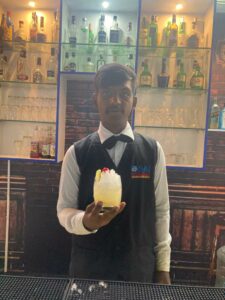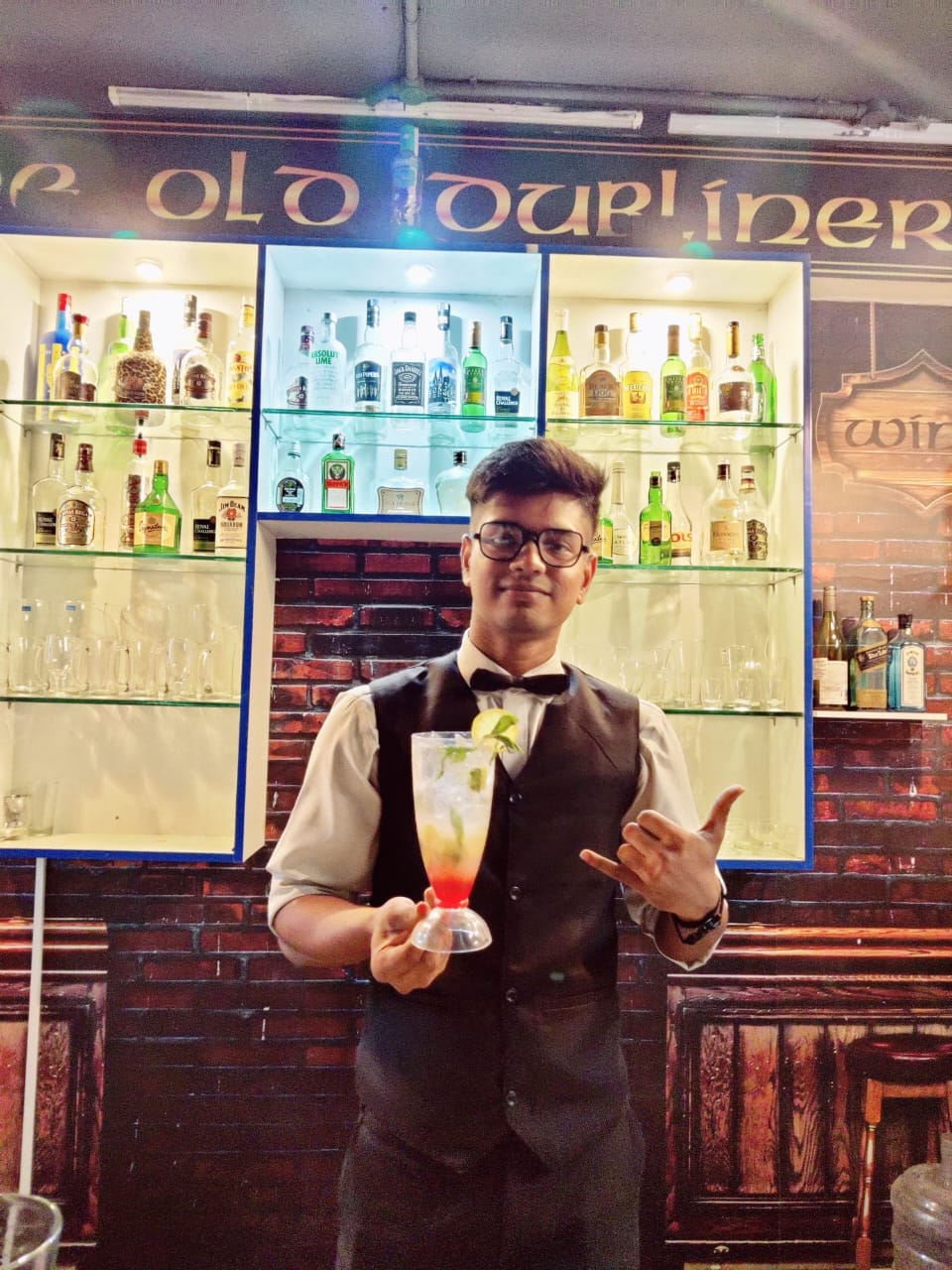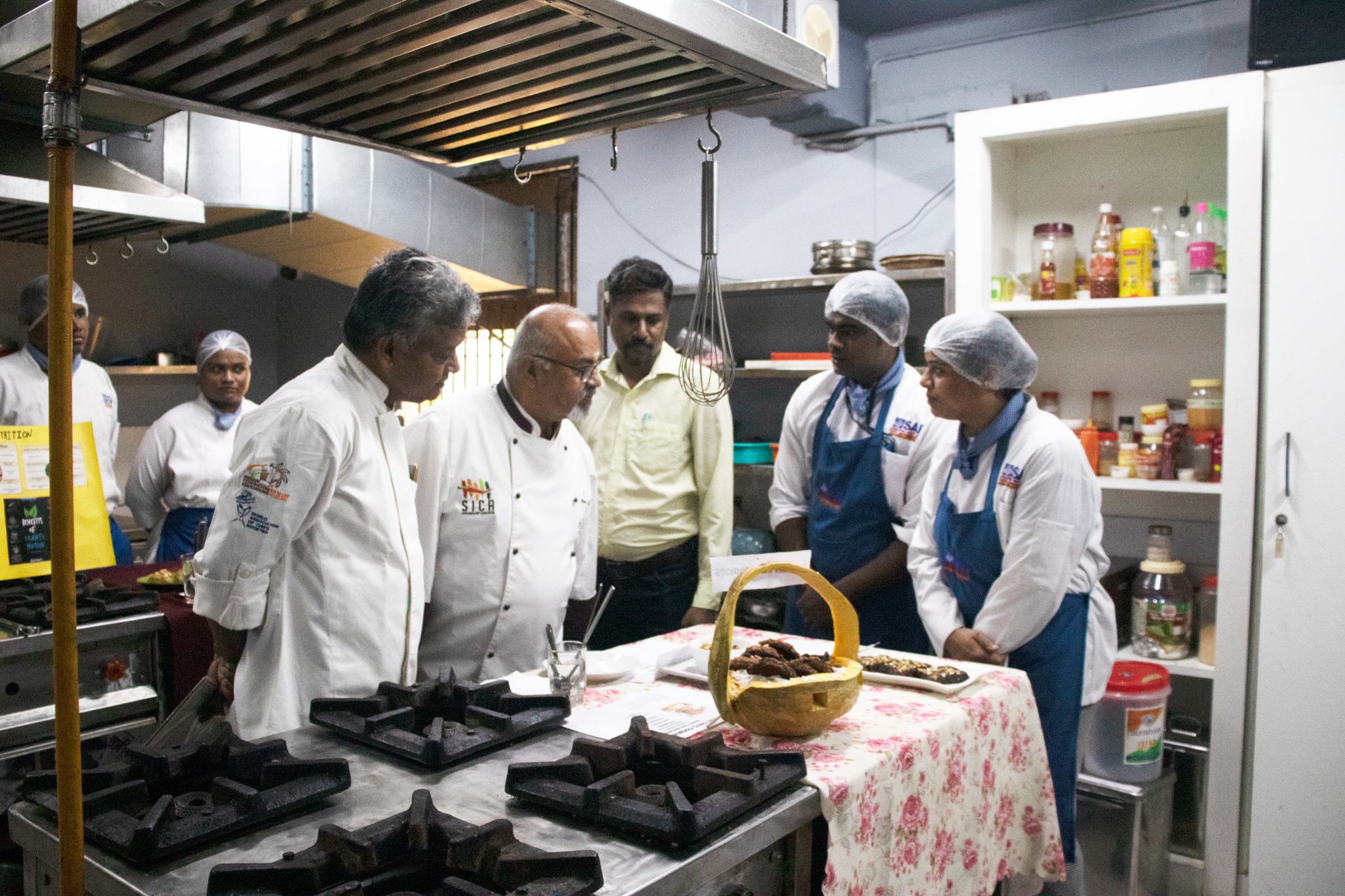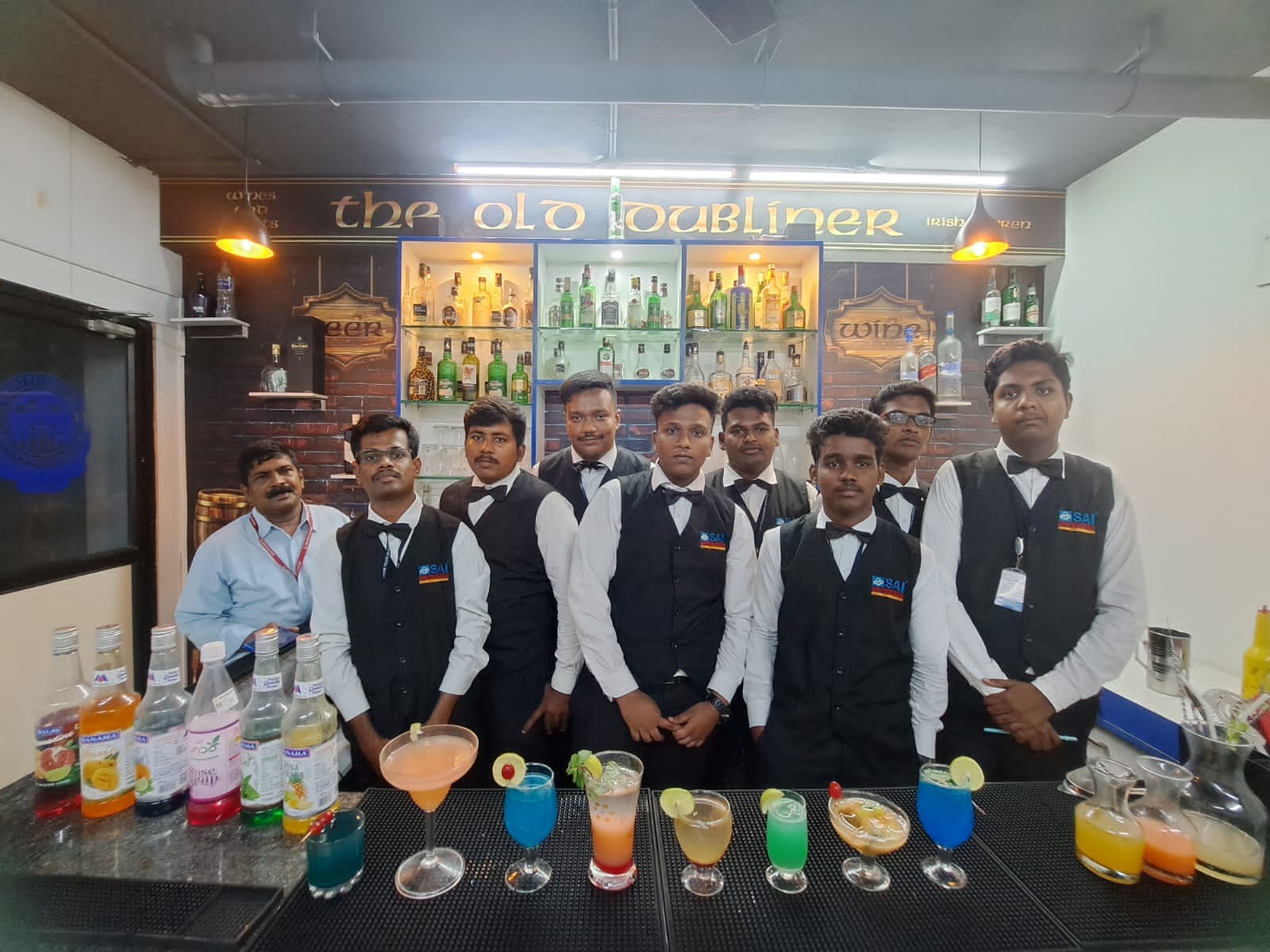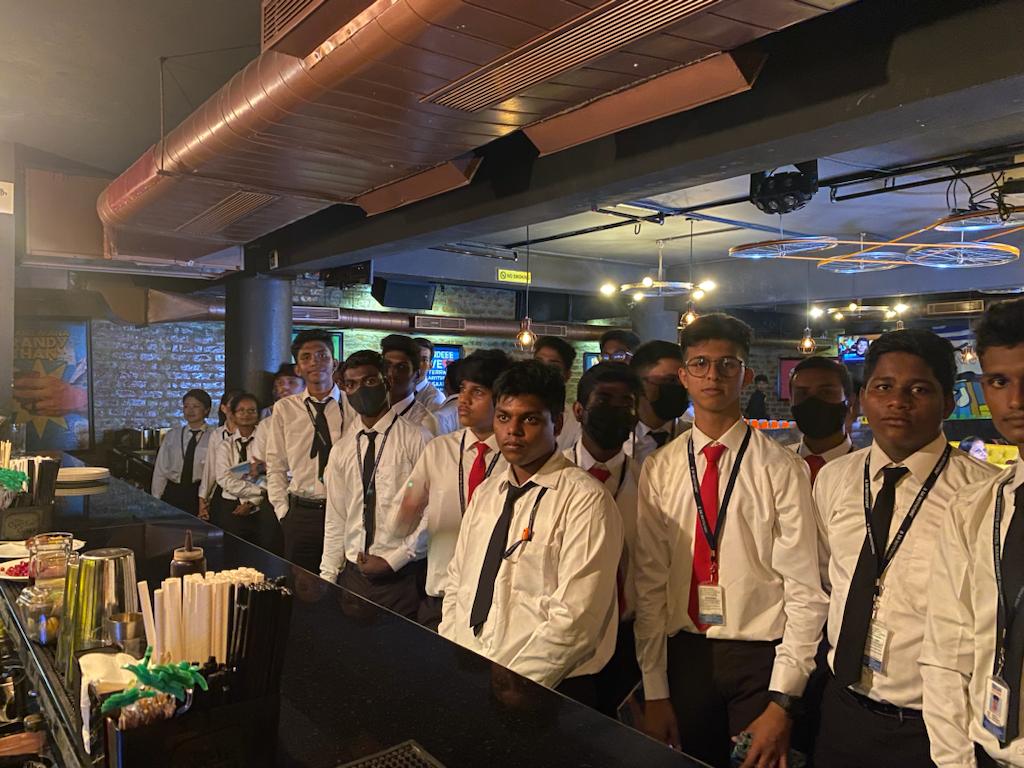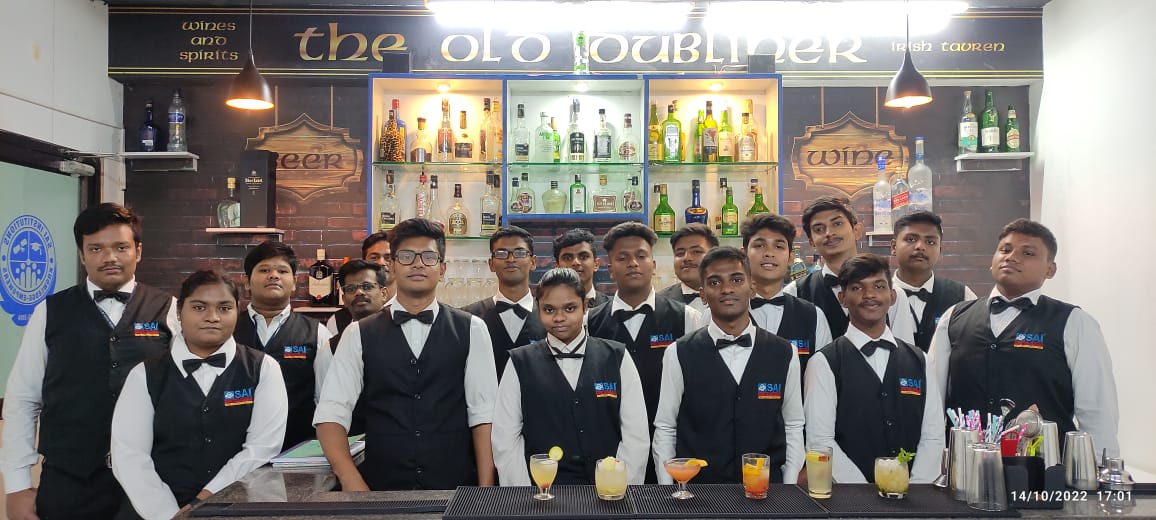
The Road to Success: 5 Qualities Needed to Thrive as a Wine & Beverage Taster
I. Introduction
Briefly introduce a successful wine & beverage taster.
Being a good wine taster requires a sophisticated combination of knowledge, experience and palate. It’s a skill that can be developed through education and practice, as well as a passion for exploring different flavors and smells. As a taster of wine and beverages, one must have the ability to recognize subtle differences and evaluate the quality of a beverage, which ultimately contributes to the enjoyment and appreciation of the beverage industry as a whole
Emphasize the importance of certain qualities for success in this work.
It takes more than just a sophisticated palate to be a successful wine taster. While a strong sense of passion is certainly important, having an in-depth knowledge of diversity, communities and styles is equally important, an opening approach imagination and explore more ways to try new flavors and a stronger ability to share one’s findings
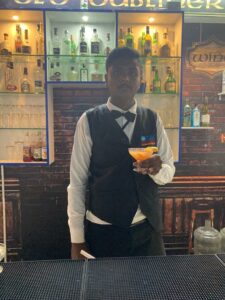
II. Passion for Wine & Beverages
Discuss the importance of having a real passion for wine and drink.
A genuine interest in wine and beverages is essential to a successful tasting. The ability to express taste, aroma and complexity is developed through a deep love and passion for the subject matter. This desire keeps tasters exploring and expanding their knowledge, resulting in a more refined palate and the ability to see the nuances in each glass Without this desire, a journey that continues to testing by an experienced person can be weak and they lack the necessary motivation to succeed.
Explain how craving leads to a constant exploration and exploration of new flavors.
A passion for wine and beverages is an important trait for aspiring tasters. This ingrained passion fuels a desire to learn and explore new flavours, leading to a wonderful palate and a broad understanding of wine and beverages If not this true passion, a journey to become a successful tester can feel like work rather than a satisfying and enjoyable endeavor.
Emphasize the importance of staying abreast of industry trends and developments.
For example, a good wine taster would be someone who not only has a deep appreciation of wine and drink but also actively seeks out opportunities to expand their knowledge This could include wine tasting, vineyards visiting and visiting businesses. By immersing themselves in the wine and beverage world, they are able to keep up with the latest industry trends and developments, providing valuable insights and recommendations for others in their field
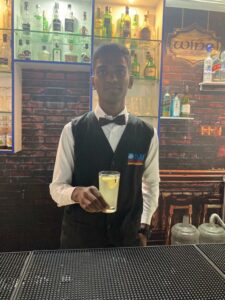
III. Exceptional Sensory Skills
Emphasize the need for strong flavors and aromas.
Developing exceptional sensory skills is essential to becoming a successful wine and beverage taster. Strong flavors and aromas allow individuals to truly appreciate and appreciate the nuances and complexities of different flavors. This skill sets the best tasters apart from the greats, as they are able to recognize and describe the subtle details and characteristics of any drink, this sensory skill can be honed through practice and training , but the natural tendency to be able to observe and appreciate flavors is a definite advantage in this industry
Discuss the importance of developing a sensory memory that recognizes nuances of taste in flavors.
By developing exceptional sensory skills, individuals in this field can become experts at recognizing small tastes, which is critical to their success Having a strong sense of taste and smell provides they are able to identify a variety of products in wines and beverages to compliment customers with the right products further enhancing their ability to deliver unique and customized experiences to their customers
Provide advice on how to develop cognitive skills through regular learning and training.
A genuine passion for wine and beverages is important in the industry. This is what separates the average sommelier from the extraordinary one. Desire leads to constantly learning and exploring new flavors, pushing boundaries and expanding one’s horizons. It is this drive that allows them to stay abreast of industry trends and developments, ensuring they are always ahead of the game.
In addition to passion, exceptional emotional intelligence is a must for anyone in the wine and beverage industry. It takes a keen sense of taste and smell to truly appreciate the nuances and complexities of different flavours. Sensory memory is required to detect subtle changes in taste and smell. Regular study and training are essential to develop these skills. Participating in blind tastings, smelling different smells and tasting different flavors can all help sharpen sensory abilities. By constantly nurturing their emotions, employees can better serve their customers and provide an unforgettable experience.
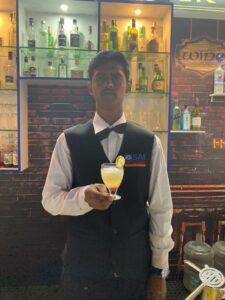
IV. Strong Analytical Abilities
Explain the position of analytical competencies in accurately evaluating wine and beverage features.
Analytical abilities play a critical position in appropriately comparing wine and beverage characteristics. By leveraging their analytical capabilities, people can check elements including acidity, tannins, and aromas to determine the general satisfactory and characteristics of a drink. These competencies allow specialists to identify flaws or inconsistencies in flavors and make informed choices regarding manufacturing and selection. Developing sturdy analytical abilities requires practice and a deep expertise of the various components that contribute to the flavor and aroma profiles of various drinks.
Discuss the significance of being capable of pick out and describe flavors, aromas, and textures.
For example, a sommelier who remains up to date with industry trends and tendencies would be aware about rising wine regions and new flavor profiles, permitting them to make knowledgeable hints to customers. Additionally, a sommelier with superb sensory skills might be capable of come across diffused nuances in flavors, together with the distinction among comparable wines from special vintages or areas. This capacity to discern and describe flavors correctly is important in comparing the great of wines and drinks for both non-public amusement and professional checks.
Provide strategies for improving analytical capabilities, such as blind tasting sports and word-taking.
An instance of super sensory competencies will be a professional wine taster who is capable of hit upon the subtle differences in flavors and aromas of various wines. They can as it should be identify and describe the notes of end result, spices, and okayin a specific wine, presenting precious insights for winemakers and consumers alike. To expand such abilities, they exercise everyday blind tasting physical activities, train their palate to apprehend distinctive flavors, and keep an in depth sensory reminiscence via notice-taking.
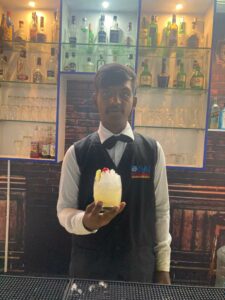
V. Open-mindedness and Adaptability
Highlight the need for open-mindedness to understand a wide variety of wine and beverage patterns.
For example, someone with properly-developed sensory reminiscence can be able to hit upon subtle nuances in flavors, along with different kinds of end result or spices in a wine. Regular practice and schooling can decorate sensory talents with the aid of exposing the individual to a number of flavors and coaching them a way to identify and differentiate among them.
Discuss the significance of being adaptable to exclusive cultural contexts and alternatives.
Analytical talents play a important role in appropriately evaluating wine and beverage qualities. For instance, a sommelier with strong analytical capabilities can discover and describe the subtle nuances of flavors, aromas, and textures, supporting clients make informed selections. Additionally, being open-minded and adaptable permits sommeliers to comprehend a extensive range of wine and beverage patterns and cater to various cultural alternatives, enhancing the overall purchaser experience.
Provide examples of the way open-mindedness and adaptability can lead to expert increase.
Analytical capabilities are important in correctly evaluating wine and beverage features. Being capable of discover and describe flavors, aromas, and textures permits professionals to provide accurate tests and tips to clients. To enhance analytical talents, accomplishing blind tasting sporting activities and always taking particular notes can enhance one’s ability to parent and articulate the nuances of various beverages. Additionally, being open-minded and adaptable are crucial qualities in the wine and beverage industry. Appreciating a extensive range of styles and being bendy with one of a kind cultural contexts and choices can cause expert growth, as it enables professionals to cater to numerous purchaser needs and make bigger their know-how and expertise. For instance, being open-minded to trying new and unconventional wine patterns can result in discovering unique and interesting flavors, in the long run enhancing one’s palate and professional repertoire. Similarly, being adaptable to exceptional cultural contexts and preferences permits professionals to connect to a broader range of consumers and offer them with customized and meaningful experiences.
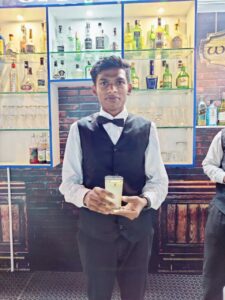
VI. Effective Communication Skills
Explain how powerful conversation skills are essential for conveying critiques and hints.
Effective verbal exchange capabilities are vital for conveying critiques and guidelines within the wine and beverage industry. This includes being capable of articulate the one of a kind flavors, aromas, and textures that one reports whilst tasting a particular wine. Additionally, powerful verbal exchange skills are important for explaining the nuances of various wine and beverage patterns to customers or customers, as well as for collaborating with colleagues and providers. By being able to correctly talk their opinions and pointers, experts within the industry can help others understand and respect the intricacies of various wines and liquids, in the end improving the overall experience for everyone worried.
Discuss the significance of being able to articulate complex mind in a concise and comprehensible manner.
Effective communique skills are essential inside the wine and beverage industry, as they permit specialists to correctly deliver their evaluations and suggestions to customers and colleagues. Being able to articulate complex mind in a concise and comprehensible manner is specifically vital in this area, in which technical jargon and problematic descriptions are frequently used. By studying powerful communication abilties, specialists can make certain that their information is correctly conveyed and understood, leading to better purchaser relationships and expert increase.
Provide suggestions on enhancing communication capabilities thru practice, attending tasting occasions, and searching for feedback.
Being adaptable to exclusive cultural contexts and choices is critical in the wine and beverage enterprise, as it permits specialists to cater to a numerous client base. For example, understanding the options of Asian purchasers, who value lighter and extra delicate wines, can help a sommelier recommend the proper options. Additionally, being open-minded and adaptable can cause professional boom by way of fostering relationships with customers from various backgrounds and expanding one’s know-how approximately one of a kind wine areas and patterns. It additionally complements one’s capability to apprehend and recognize the nuances of various drinks, resulting in better opinions and suggestions. Effective conversation competencies further play a critical position in conveying these evaluations and guidelines. By being capable of articulate complicated thoughts concisely and understandably, professionals can effectively talk their understanding and guidelines to clients, taking into consideration a extra enjoyable and informative revel in. Practicing verbal exchange capabilities, attending tasting activities to collect feedback, and actively searching for advice from mentors can significantly enhance one’s capability to talk effectively inside the wine and beverage enterprise.
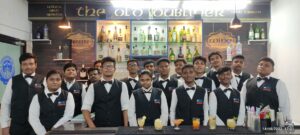
VII. Conclusion.
In conclusion, the ability to adapt to extraordinary cultural contexts and alternatives is critical within the meals and beverage enterprise. By being open-minded and adaptable, experts can cater to a wider target market and enlarge their attain. Additionally, effective verbal exchange talents play a vital position in conveying evaluations and pointers. Being capable of articulate complicated mind concisely and in an comprehensible way is critical for fulfillment in this discipline. By constantly working towards and in search of feedback, professionals can decorate their conversation capabilities and further their professional boom.
https://saiinstitutes.in/bartending-diploma-course/
Facebook
facebook.com/saiinstitutions
Instagram
instagram.com/saiinstitutions
Twitter
twitter.com/SaiInstitution
LinkedIn
linkedin.com/in/sai-institutions
Call:
+91 9884614599
#27, NRS Building,
Velchery Road – Little Mount, Saidapet,
Chennai-600015. Tamilnadu, INDIA.
(Opp.to Little Mount Metro Station)
info@saiinstitutes.in
www.saiinstitutes.in
0 Comments
Add Comment
You must be logged in to post a comment.

